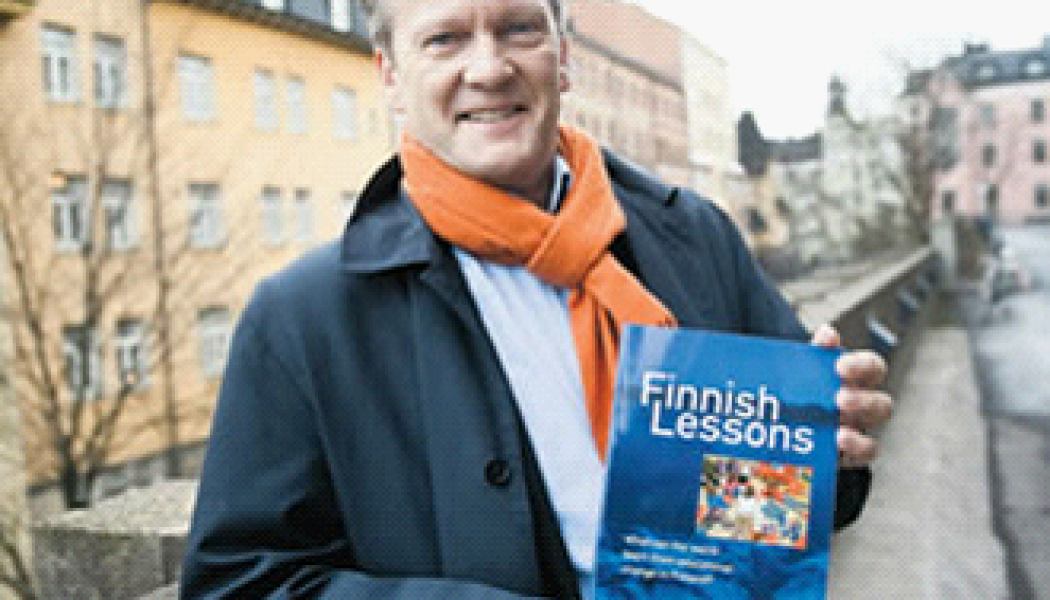Education
4. Podcast: Get oot to play – school can wait
How would you measure success in the early years of a child’s education? In the Bukkespranget Norwegian kindergarten (where children aged 1-6 play outdoors in all weathers) they ask two simple questions. Does the child ask for more and do the parents tell stories? Note – no tests. All this play contrasts with Scotland’s formal school-based education for 5 year-olds – even though academic research shows children learn sharing, communication, cooperation, creativity and confidence long before they can sit still enough to begin formal education. The urge to stuff the three R’s into 4 and 5 year-old brains may be understandable in a competitive, dog-eat-dog world – but it’s not rational, helpful, productive or kind. Certainly, at seven the ‘force-fed’ kids of Scotland ...Read More
2012 – How does Finnish education stay streets ahead?
This event in May 2012 was hosted by the Convenor of the Education and Lifelong Learning Committee, Stewart Maxwell MSP and sponsored by the Finnish Embassy with Nordic Horizons ‘The story of Finland’s extraordinary educational reforms is one that should inform policymakers and educators around the world. This book is a must read.’ Linda Darling-Hammond, Stanford University. The book in question is Pasi Sahlberg’s Finnish Lessons which helps explains why Finland’s education system regularly tops world league tables for results, happiness of children, levels of literacy and esteem of teachers. The Finnish education system is so often cited as a blueprint that one Scottish union leader said he was fed up hearing about it! Most educationists, policy-makers and pa...Read More


